Estrogen: The Key to Healthy Aging for Women5 min read

Caroline Hedges

Today’s society has created a more eccentric image of youth than ever before, with collagen-injected lips, facial fillers, and surgery to turn back the hands of time. But there is only one thing (that science agrees upon) that can keep us young: estrogen!
Estrogen isn’t magic; it doesn’t stop time or lower your age by 20 years in a matter of months. Instead, what it will do is build bone tissue, fight symptoms associated with menopause, protect your heart, and even defend against certain forms of cancer. After reading this article, you’ll be able to draw your own conclusion on the power of estrogen!
What is Estrogen?
Scientifically speaking, estrogen is a steroid sex hormone primarily secreted by the ovaries in women. It’s also produced in men to a much lesser extent. It regulates many processes throughout the body, including sexual development and reproduction!
What Is the Role of Estrogen?
On a cellular level, estrogen has numerous roles in the female body. It interacts with cells by attaching to an estrogen receptor on the cell surface. Once attached, its job is to send messages into that cell—for example, telling your bones when to release calcium or telling your skin when new skin cells have matured enough to be sloughed off. When you’re young and at peak levels, research suggests that estrogen may help protect against cancer (especially breast cancer).
When you reach menopause, two important things happen: estradiol production declines precipitously, and the ovaries stop releasing eggs each month. These changes cause noticeable symptoms like hot flashes and vaginal dryness, and unfortunately, science doesn’t currently have a way to stop or prevent them. They can also bring about other changes in the body; for example, blood clots may become more common because of the decrease in estrogen.

How Does Estrogen Affect Aging in Women?
When estrogen levels start to dip in women, your body starts to go through several changes that can be classified into three categories: physical, psychological, and emotional.
Physical Changes
Estrogen has a positive effect on the density of a woman’s bones. When it decreases during menopause or after ovulation ceases after childbirth or breastfeeding, you’ll notice a difference in the way your clothes fit, and you may feel pain more easily. To combat this loss in bone density, doctors often prescribe hormone replacement therapy (HRT).
Estrogen also keeps skin looking young by reducing fine lines and wrinkles, helps prevent osteoporosis by retaining calcium from being lost from bones, and helps regulate cholesterol production. Finally, estrogen helps keep our hearts healthy by helping to prevent blood clots and plaque buildup in the arteries.
Psychological Changes
After a certain age, women start experiencing psychological changes that have been linked to declining estrogen levels. These changes include irritability, moodiness, insomnia, anxiety, and depression. Unfortunately, doctors aren’t aware of how to treat these symptoms yet because understanding the link between estrogen and psychological health is relatively new—but certainly, keep your eyes peeled for future advancements!
Emotional Changes
The biggest emotional change that comes from decreased estrogen levels is hot flashes. Some women also experience depression from this drop in hormone levels. Unfortunately for menopausal women worldwide, science doesn’t currently know how to decrease their frequency or intensity. For now, though, hot flashes are a natural part of menopause that women have to learn to cope with.
What Makes Estrogen Decline?
Our ovaries produce less estrogen naturally as we get older, but some things speed up this process even further. The most notable one is smoking; research shows that women who smoke experience menopause earlier than those who don’t. Other factors include genetics and lifestyle choices like diet and stress levels.
What Makes Estrogen Decline?
Because our ovaries stop producing eggs, estrogen declines – but there are ways to protect yourself against these symptoms. For example, research shows that you can reduce hot flashes by taking black cohosh or red clover. Hormone replacement therapy (HRT) is an option to restart your natural production of estrogen; it’s not without risks, though, so talk with your doctor before trying this option. Eating a healthy diet full of fruits and vegetables can also help keep your body in balance—not only does this benefit estrogen levels, but it affects other vital hormones like insulin!
Topics
Categories
Subscribe
Plastic Surgery Guide
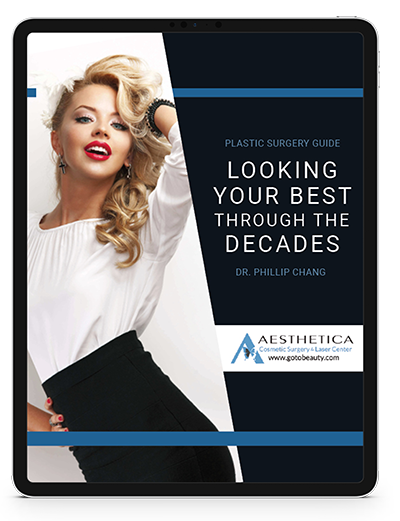
Insider’s Roadmap to Every Decade of Life
Follow Us
Videos
How Can Bioidentical Hormones Therapy Help
For women who don’t want to go through menopause and suffer the physical and psychological effects that come with it, estrogen therapy is a viable option. With bioidentical hormone therapy, you can rest easy knowing that the estrogen your body produces is the same as what you’d produce naturally—which means there’s no risk of adverse side effects. Talk to us at MedHealth 360 about bioidentical hormone replacement therapy today and know your options for this treatment!
Let Us Help You!
Our office can provide you with helpful information, schedule a free consultation, and walk you through the many services and procedures we provide.
Contact Dr. Chang's Office:
More Articles For You
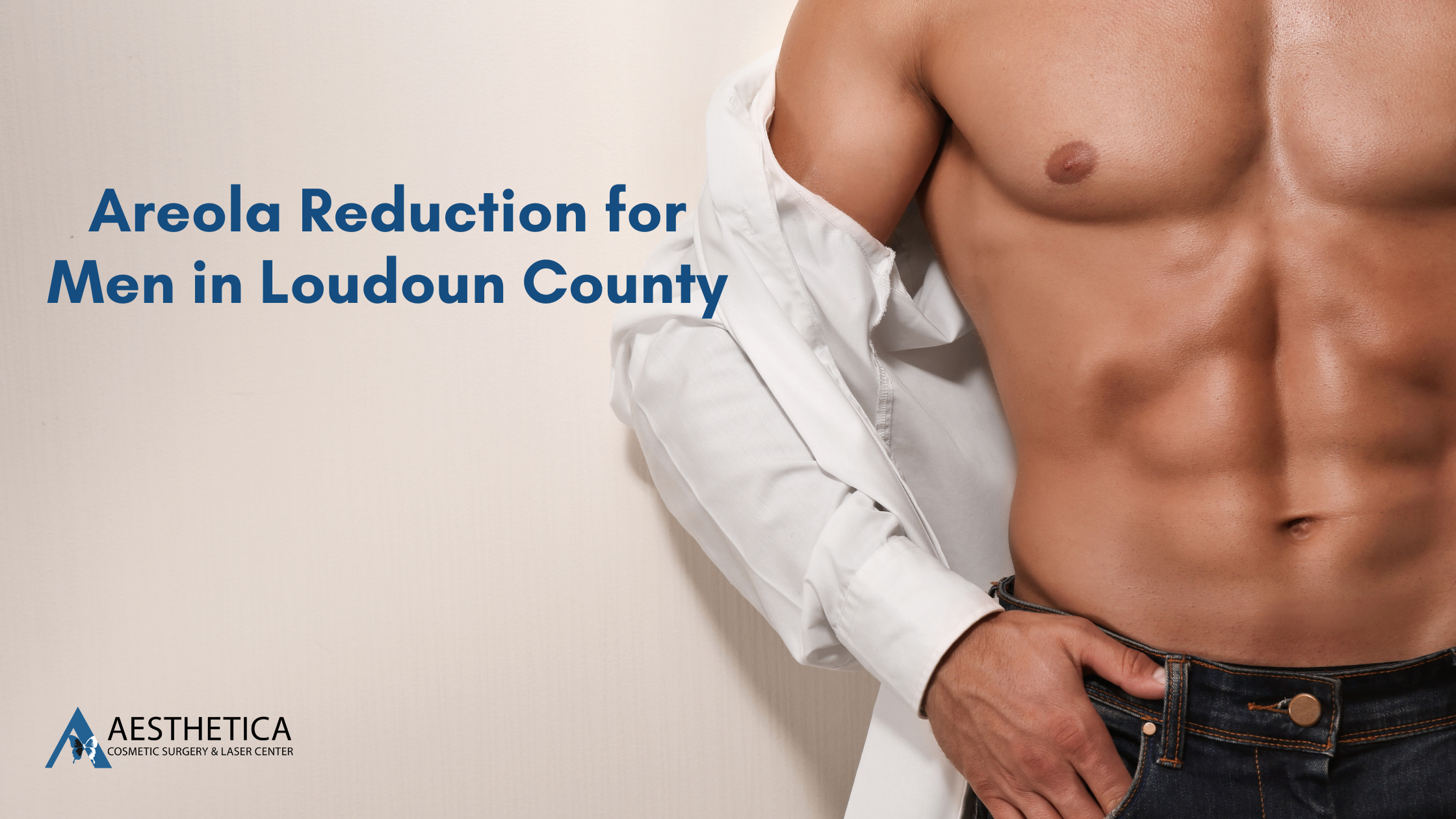
Areola Reduction for Men in Loudoun County
In the heart of Loudoun County, where the beauty of nature meets bustling urban life,
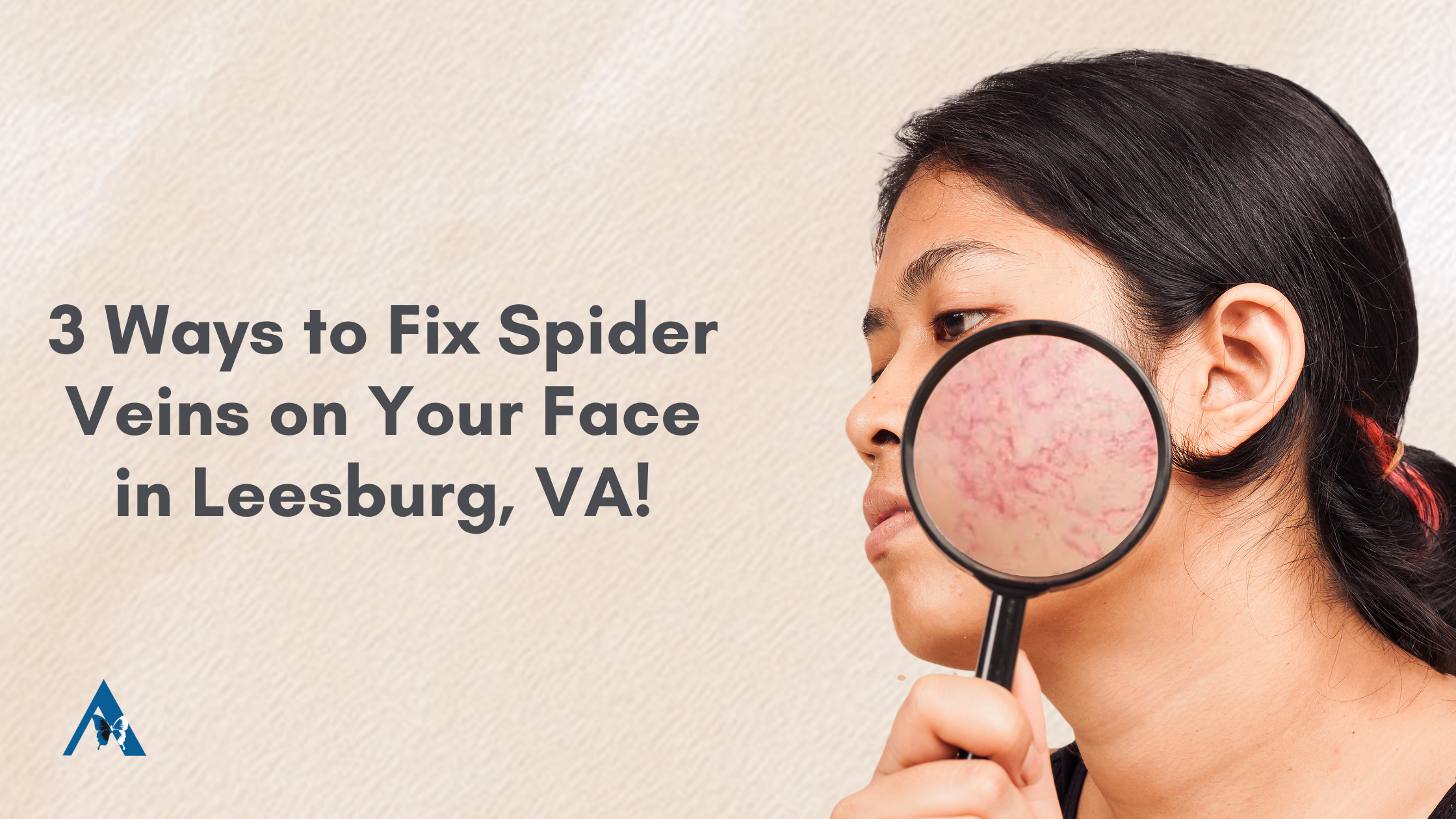
3 Ways to Fix Spider Veins on Your Face in Leesburg, VA!
Spider veins, those small, web-like networks of blood vessels that can appear on your face,
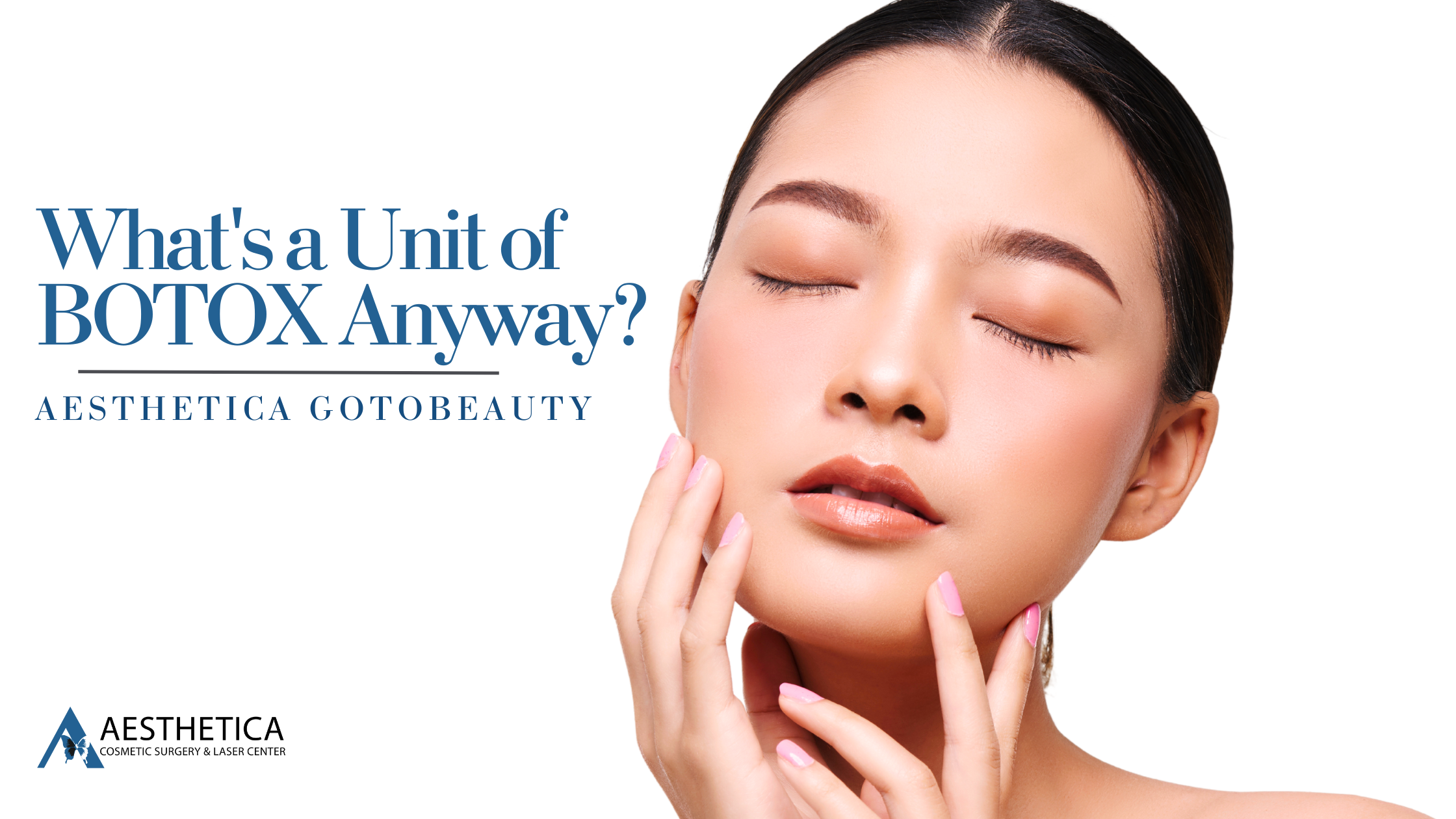
What’s a Unit of BOTOX Anyway? | Aesthetica GoToBeauty
Have you ever heard about BOTOX and wondered what it’s all about? It’s like the
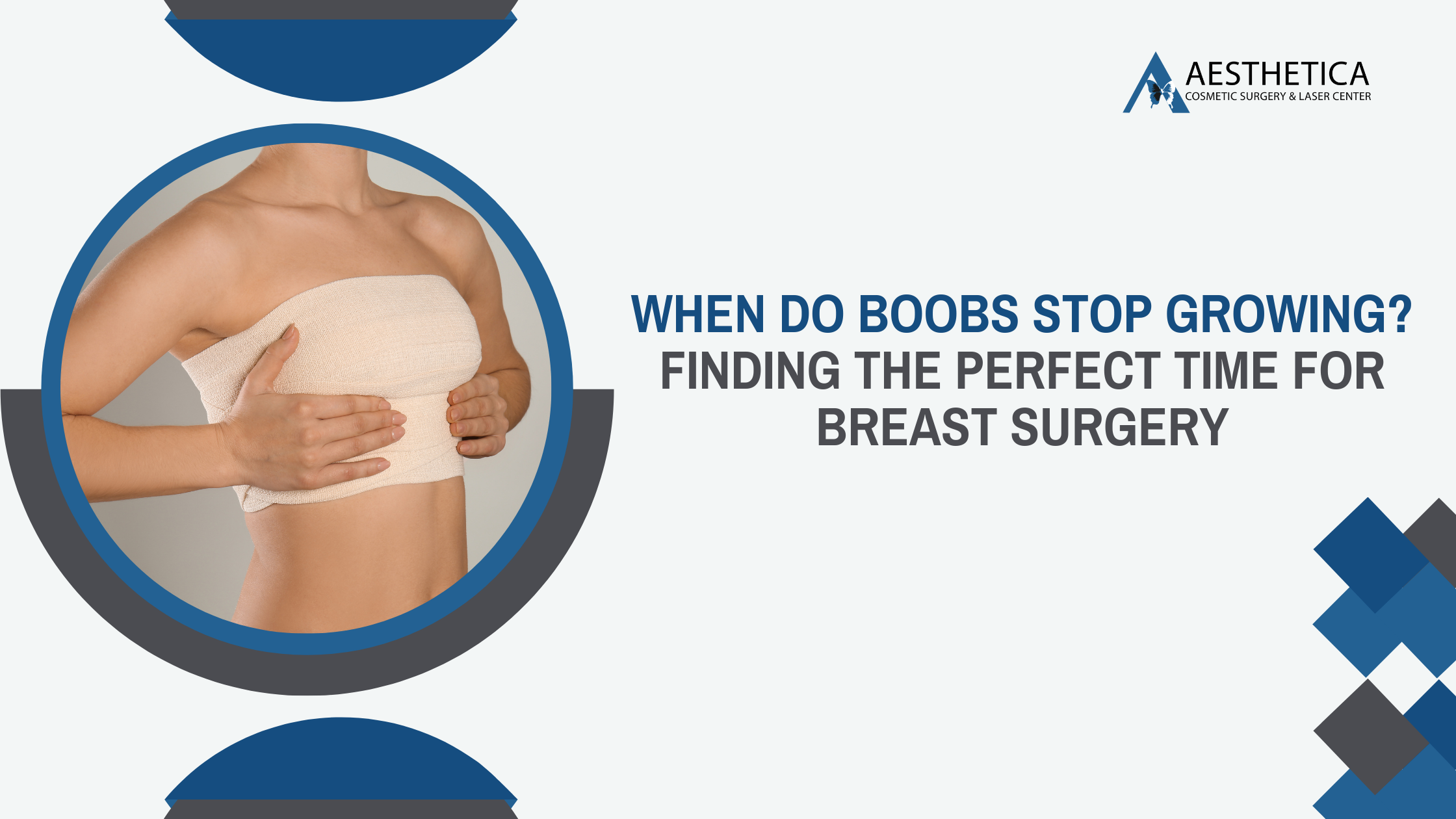
When Do Boobs Stop Growing? Finding the Perfect Time for Breast Surgery
Ever wondered when your boobs finally decide to take a break from growing? Or you’re
